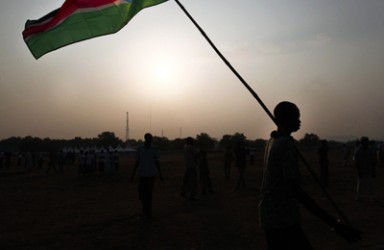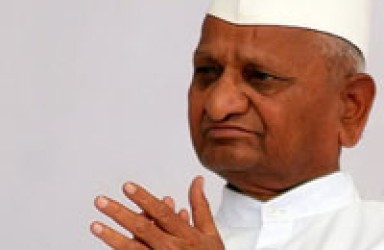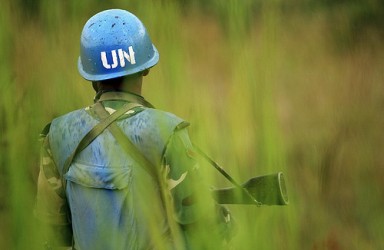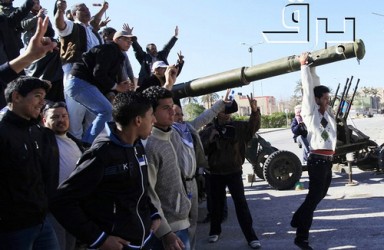Revising Our Strategic Outlook in the Two Sudans
In the months since South Sudan’s declaration of independence from Sudan, the international community’s gaze has regrettably shifted from ongoing instability in the two Sudans. As has become imminently clear in the short post-independence period, a path toward comprehensive conflict resolution within and between the two Sudans will necessitate a profound shift in policy priorities, approaches, and partnerships.
Outsourcing the War on Terror? The Use of Private Military and Security Companies after 9/11
In the wake of 9/11, private actors have played an increasingly crucial role at both sides of the conflict. Not only is the war on terror a response to the unprecedented threat posed by non-state actors such as terrorist networks; it is also a conflict characterized by a growing role of commercial actors supporting bureaucracies and military organizations.
Bluffing its way into power: Liberal-lite interventionism
I recently read an insightful blog entry by a doctoral candidate at LSE, John Collins. The entry neatly outlines how liberal intervention in Iraq impacted the foreign policies of Iran and North Korea, as well as discusses how NATO’s engagement in Libya relates to liberal interventionism.
On Multiculturalism, Islam, and the Far Right
The July 2011 attacks in Norway have once again brought the issues surrounding success of far right parties and movements to the fore in Europe, as well as governmental responses to immigration and immigrant integration. Although Anders Breivik attacked members of the Norwegian governing party, his “manifesto” focused on support for multiculturalism and the spread of Islam.
Defying the Modus Operandi: Anna Hazare, Corruption and Politics in India
Evoking the spirit of Mahatma Gandhi, Anna Hazare’s anti-graft campaign has personified a core national concern in India against endemic corruption and its consequences. However, the potency of the anti-corruption movement, although widely acknowledged and supported, has far from clear ramifications.
The Illusion of Progress: Libya and the Future of R2P
The problem with R2P is precisely that which rendered “Never Again!” and the Genocide Convention impotent, namely that its enforcement is conditional on the support of the permanent five members of the Security Council. Only the very naive imagine that the P5 honour Article 24.1 of the Charter and act on behalf of UN member states; each state’s respective national interest determines their position.
Archival research in the age of Wikileaks
In an age when IR is governed by theoretical and political science approaches, the validity of engaging with historical and diplomatic archives is more relevant than ever.
Famine in Somalia: Who is to blame?
Whilst the existence of an effective central government does not ensure the avoidance of famine, the regions of Somaliland and Puntland both have more pervasive governance structures than the rest of Somalia, and have avoided ‘Famine/Catastrophe’ status through distribution of reserves and enabling a secure environment for international agencies.
Darfur and South Sudan: United in Struggle, Divided by Future?
There is an urge now, on a social as well as political level, to settle the Darfur question lest it eventually goes down the same route as the South. But the question here is whether Darfur can actually be compared at all with the South; is separation even an option for ending the conflict?
R2P, Libya and International Politics as the Struggle for Competing Normative Architectures
The UN was neither designed nor expected to be a pacifist organisation. Its origins lie in the anti-Nazi wartime military alliance amongst Britain, the United States and the Soviet Union. The all-powerful UN Security Council is the world’s duly, and only, sworn in sheriff for enforcing international law and order.












